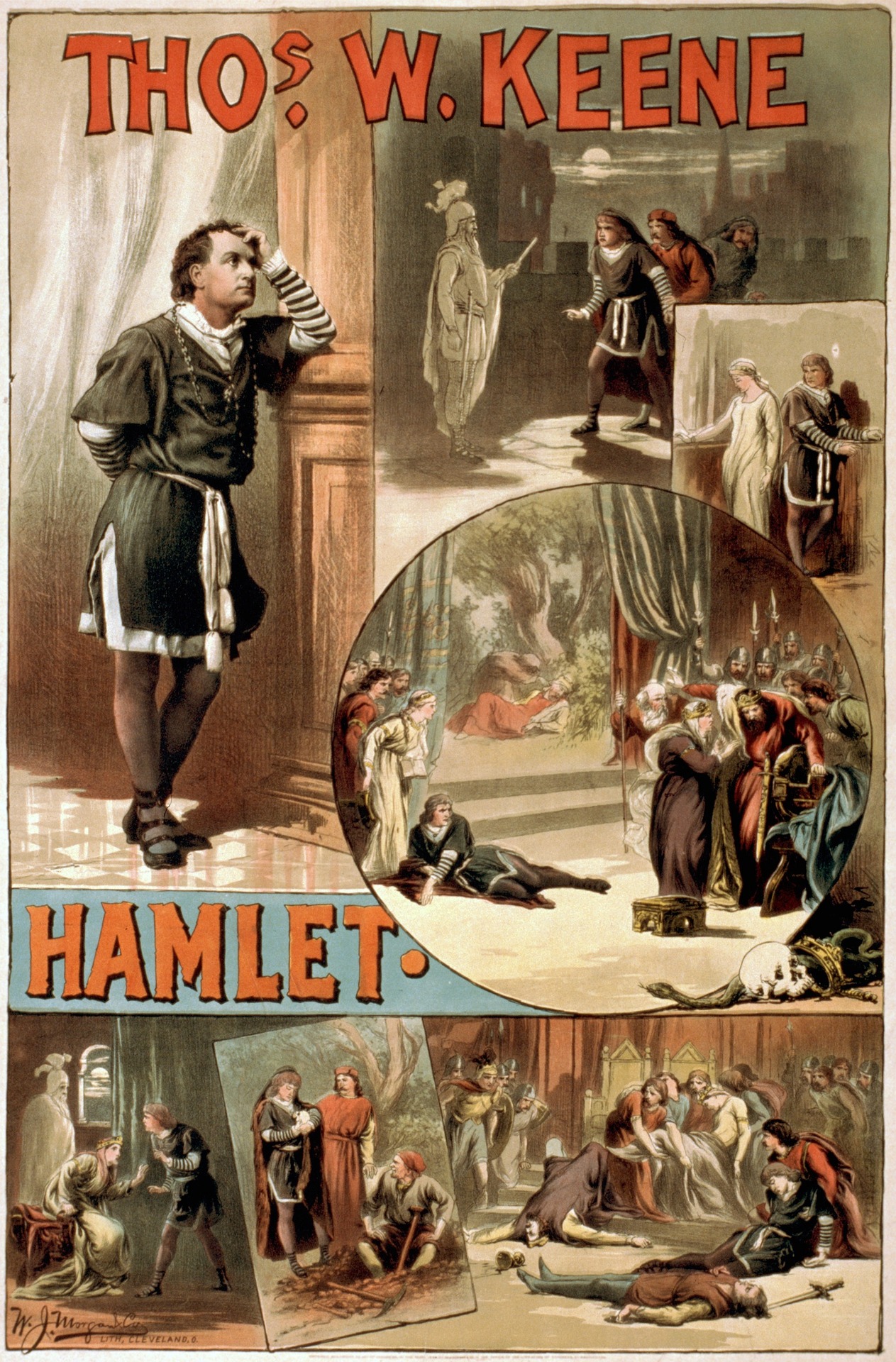
Appearence vs Reality in Hamlet
Hamlet, one of Shakespeare‘s most iconic plays, is renowned for its exploration of the themes of appearance versus reality. This concept is highlighted throughout the play in various forms, from the deceptive appearances of the characters to the contrasting layers of truth that are revealed as the story progresses. In this essay, I will delve into the various aspects of the play that illustrate the theme of appearance versus reality, and the impact that these elements have on the overall narrative.
The play opens with an air of deception, as the characters on stage attempt to appear composed and unaffected by the death of Hamlet’s father, King Hamlet. However, it becomes clear as the story unfolds that this appearance is nothing more than a facade, as each character grapples with their own hidden emotions and motivations. This is particularly true for the play’s titular character, Hamlet, who is forced to confront a reality that is vastly different from the appearance presented by those around him.
Hamlet’s appearance of madness is a key example of the play’s exploration of appearance versus reality. From the moment he begins to feign madness, it is clear that his appearance is a facade designed to manipulate those around him. However, as the play progresses, it becomes evident that there is more to Hamlet’s madness than meets the eye. The audience is forced to grapple with the possibility that Hamlet’s appearance of madness might in fact be a reflection of his deep-seated emotional trauma and mental instability. This duality between appearance and reality is what makes Hamlet such a compelling character, as the audience is constantly left questioning the veracity of his actions and motivations.
Another example of appearance versus reality in Hamlet can be found in the character of Claudius, Hamlet’s uncle and the man who has taken the throne after the death of King Hamlet. Claudius presents an appearance of sincerity and concern for the well-being of his family, but it becomes increasingly evident as the story progresses that his true motivations are much more insidious. It is ultimately revealed that Claudius was responsible for the death of King Hamlet, and his appearance of concern for the well-being of his family was nothing more than a cover-up designed to conceal his guilt.
The contrast between appearance and reality is also evident in the character of Ophelia, Hamlet’s love interest. Ophelia appears to be a meek and obedient young woman, but as the story unfolds, it becomes clear that she is struggling with her own emotions and desires. Her appearance of submission is ultimately revealed to be a mask for her own pain and confusion, as she is caught between her love for Hamlet and her loyalty to her father and brother.
The theme of appearance versus reality is not only evident in the characters themselves but also in the play’s larger narrative structure. The play’s numerous instances of deception and manipulation create a sense of instability and uncertainty, leaving the audience unsure of what to believe. The play’s multiple plot twists and turns serve to further emphasize the idea that appearances can be deceiving, and that the truth is often much more complex than it initially appears.
In conclusion, Hamlet is a powerful exploration of the theme of appearance versus reality. The play’s various examples of deceptive appearances, from Hamlet’s feigned madness to Claudius’s false sincerity, create a sense of tension and uncertainty that forces the audience to question the veracity of what they see on stage. Ultimately, this exploration of appearance versus reality serves to underscore the complexity and nuance of the human experience, and the ways in which our perceptions of reality can be shaped by the appearances presented to us.
*****
Read More: Hamlet by William Shakespeare


